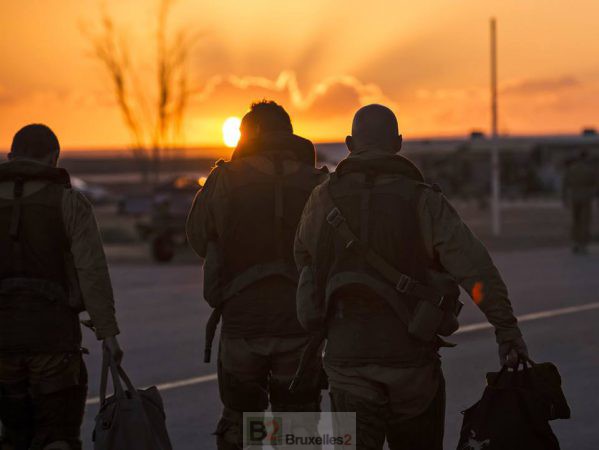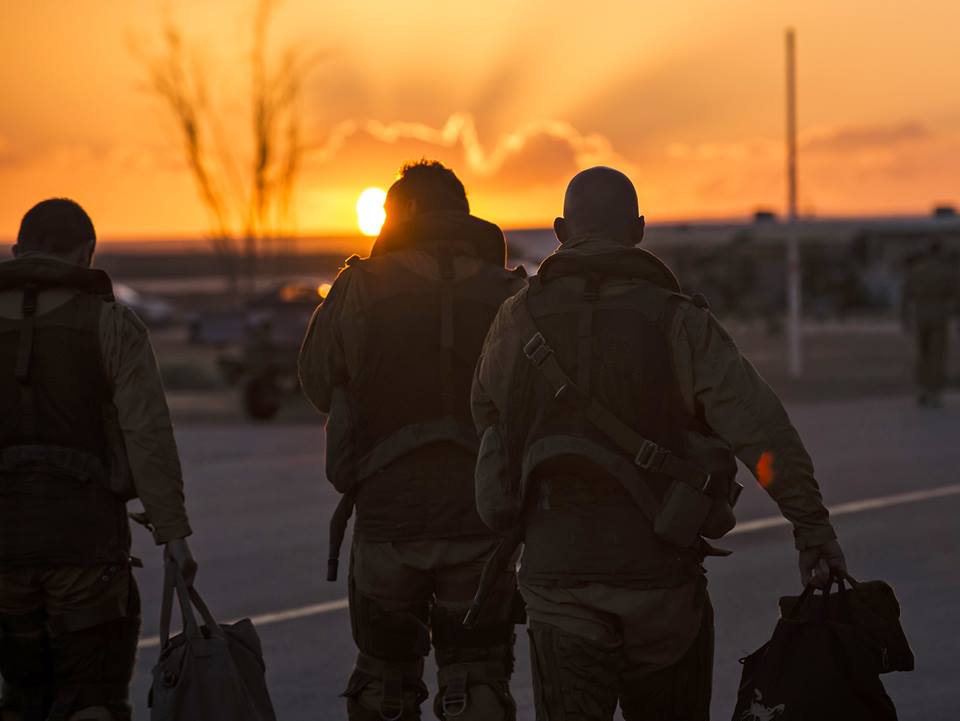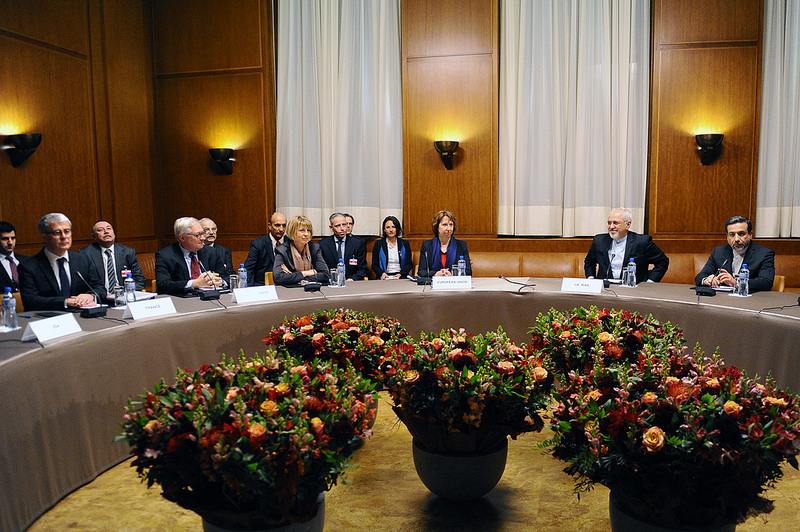Defense becomes priority number 1, speech is freed up, projects come out. Thanks David!

(BRUSSELS2) A "relaunch" of European defense after Brexit is on everyone's mind. And the titles are blooming like lily of the valley in May. But to tell the truth, this revival is, for the moment, still limited. Or at least we should not see in what is presented these days a consequence of Brexit... it is rather the opposite. On the other hand, the word is freed... And, for that, all those who believe a little that European defense is useful can say: thank you David!
Let's try to see it clearly!
Care must be taken, in fact, not to confuse what was already “in the pipes” and should, in any case, come out, and what could either be reactivated or be put in place. Between the enthusiasm of the novice, who discovers the moon, or jumps in the air saying to himself 'Hey, defense Europe exists' and the barely blasé commentary of the old-timer, income from everything, who says to himself, but here in 1926 or 1958 we had already thought about it or 'in any case it won't work'... there is a space for measure and reality.
A little time needed for preparation
So little has come out recently on defence, the fault lies, in fact, partly with the British referendum but also with the delay necessary to prepare a whole series of initiatives, after the 'frozen' period of the Ashton- Barroso and the European elections. When we look closely, we see that the next few months in the field of defence, internal and external security will be rich in successful projects (regularly commented on in our columns). Here are some examples below...
Safety priority number one
What seems certain, on the other hand, is that security and defense have now been raised to the rank of priority number 1. The declaration of the three Franco-German-Italian leaders bears witness to this. But also some imperceptible signs. A recent statement by Franco-German employers also put it ahead of other economic priorities. Because, more than anything, the continent needs security. Only with security can there be economic development. The formula applicable to African or Asian countries is also true for European countries.
It comes out or it pulses!
What is in preparation and will be released on the 'defense' side in a few days
The overall strategy, drafted under the leadership of Federica Mogherini, which is rather ambitious even if it is not very confusing, is published today (without much change for several weeks elsewhere). It should be completed quickly with 'sub-strategies', including one on security and defence. The Commission is also preparing an action plan for defense by the end of the year, a sort of "community" complement to the Global Strategy.
The defense research preparatory action should come out of limbo in a few days, a prelude to a future framework program beyond 2020. It should be followed by an initiative to finance the equipment of (African) armies, a fundamental point demanded loud and clear by France and all the heads of operation/mission.
The maritime operation in the Mediterranean is taking a step in a few days (or weeks), moving from a 'nice' phase to a more 'robust' option with control of the arms embargo, while waiting for another European mission to deploy to help the Libyans rebuild their security forces (police, gendarmerie, justice, customs, etc.).
This kind of initiative cannot be prepared in 48 hours. And has only been impacted very marginally by Brexit. The reform of crisis management structures, which is currently under wraps and continues in the shadow of meetings of ambassadors or working groups, should however experience a boost with the British exit. The idea of a civil-military HQ is now openly mentioned (where yesterday we spoke of "reinforcement", "synergy" or "reorganization" in an internal organization chart :-).
It's also moving 'on the internal security side'
At the 'inner' level, things are moving too. But the driving force here is more linked to the two major crises that Europe is going through: the migration crisis and terrorism. Because Brexit or not, anyway, the United Kingdom does not participate in most of these initiatives or legislation.
The establishment of a European corps of border and coast guards constitutes a fundamental innovation, and a real leap forward in the joint management of borders (joint management which was for the moment rather theoretical). European anti-terrorist legislation is in the process of being reinforced (at the criminal level, financing, PNR, etc.)... And the Europol anti-terrorist center is being put in place (slowly) (in a more administrative way than operational for now).
A liberated word
In the end, if Brexit has an effect at the level of defence, it is – like a popping champagne cork – to free up speech. All the politicians who were silent or lowered their voices to talk about defense — because it 'was going to bother the British', 'it wouldn't pass', it was 'counterproductive' they said —. suddenly seem to rediscover their 'meninges', their 'convictions', their words. The terms “strategic autonomy” and “autonomous capabilities” (1) which were taboo are now openly assumed, even put forward.
Ideas come out
It will still take time to articulate and connect, what emerges from the 'beautiful intention' of what is more concrete. But the simple fact that today we dare to talk again about setting up permanent structured cooperation (never set up and never even discussed very seriously), of having a civil-military operational command at European level (which was in preparation but very, very discreetly), to have autonomous capabilities available to Europe — as the Franco-German paper very officially does — is a very good thing.
The moment of truth
It's actually the moment of truth now. We will see those who were happy to talk but preferred to hide behind this good old British veto and the others. Two dangers await this 'relaunch'. Care must be taken not to come and fish out (old, good) ideas, which are no longer quite suitable today or, quite simply, do not take into account internal imperatives (budgetary, political, operational). You should also take the opportunity to take inventory. Today there is a lot of work to be done. We must reserve 'human strength' for the essential. This means stopping the useless or, at least, the lack of concrete and visible results.
A right of inventory and questioning
Is it necessary today to continue working on the 'headlines goals'? Is it necessary to keep battlegroups if we know very well that they will not be able to leave (due to a lack of financial, operational and political decision-making resources)? Isn't it time to close some CSDP missions whose real advantage is debatable – and even discussed internally? Shouldn't we ask ourselves the question of the scattering of various development projects whose only aim is to spend the budget indicated or to be able to say that Europe is the 'best pupil' in the class? Etc.
Think about what is necessary and useful
It's not about breaking everything. But there should be no more taboos... It's about thinking about the right instruments, in the right place. I think it's better to spend a little less a little better (for development) and have a little less missions (but more effective) than the reproduction of the current model.
For an update in European defense
Today, Europe and the Europeans can no longer afford approximations, or false victory statements (more worthy of North Korean propaganda than European information). We can no longer afford to do the same thing as yesterday on the pretext that we were doing it yesterday and not doing it anymore would be dangerous. Defense Europe deserves a real update, a complete review of what needs to be done, what needs to be abandoned, what needs to be developed.
(Nicolas Gros-Verheyde)
(1) These terms had in particular given rise to heated discussions during the summit devoted to Defense in December 2013, and crossed out from the final conclusions, under the pressure of a certain... David Cameron who had made it his red line, overinterpreting this fact to denounce the transfer of powers to Brussels. Read : David Cameron sounds the (heroic) charge...
Read also:
- The new Global Strategy. To define the EU's foreign security policy
- French and Germans propose a 'European Security Compact'. Details of the 20 proposals
- The Six are in favor of a (more) flexible Union
- Mogherini presents to the 28… a Global Strategy for a “Stronger Europe”


